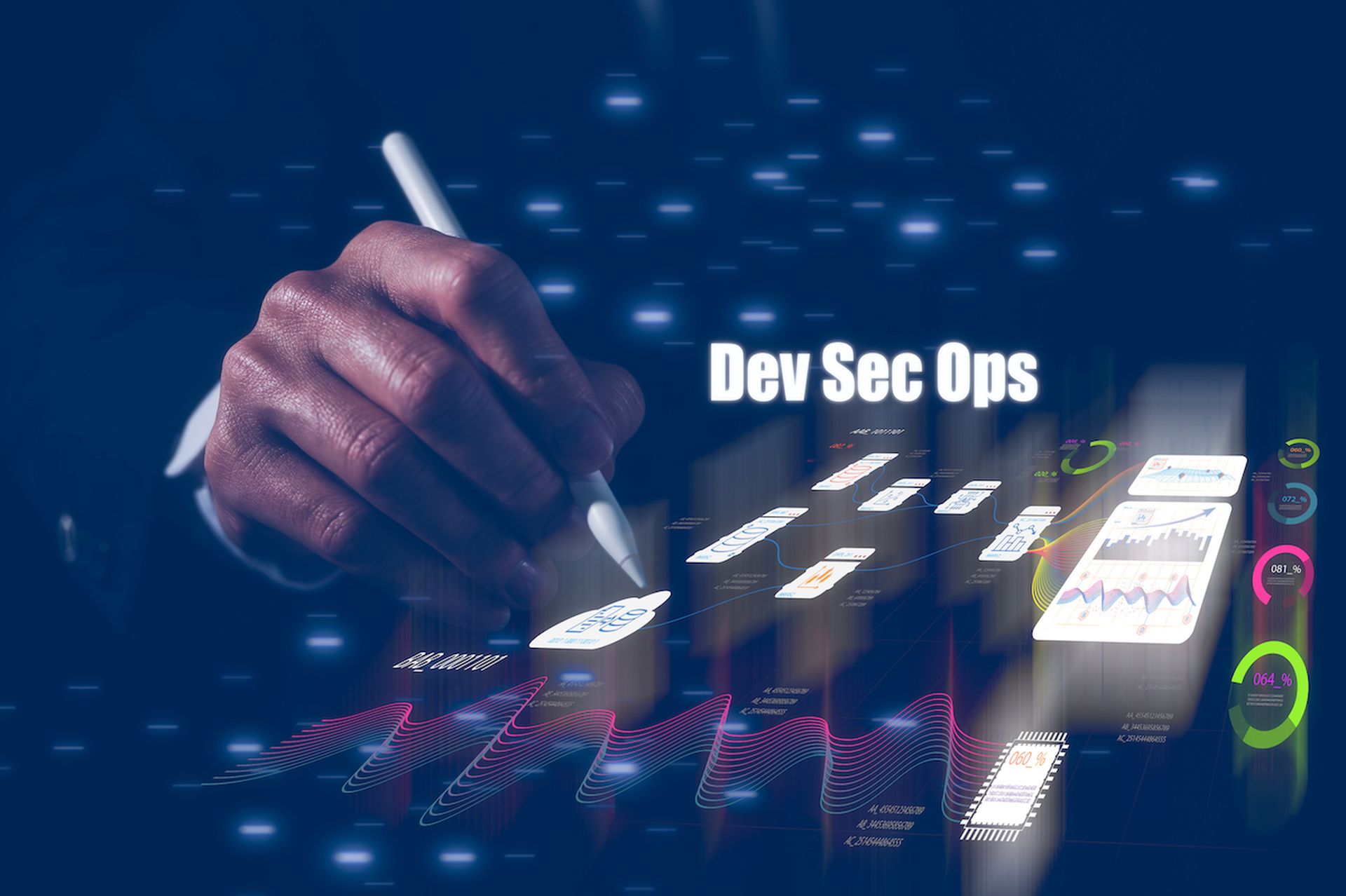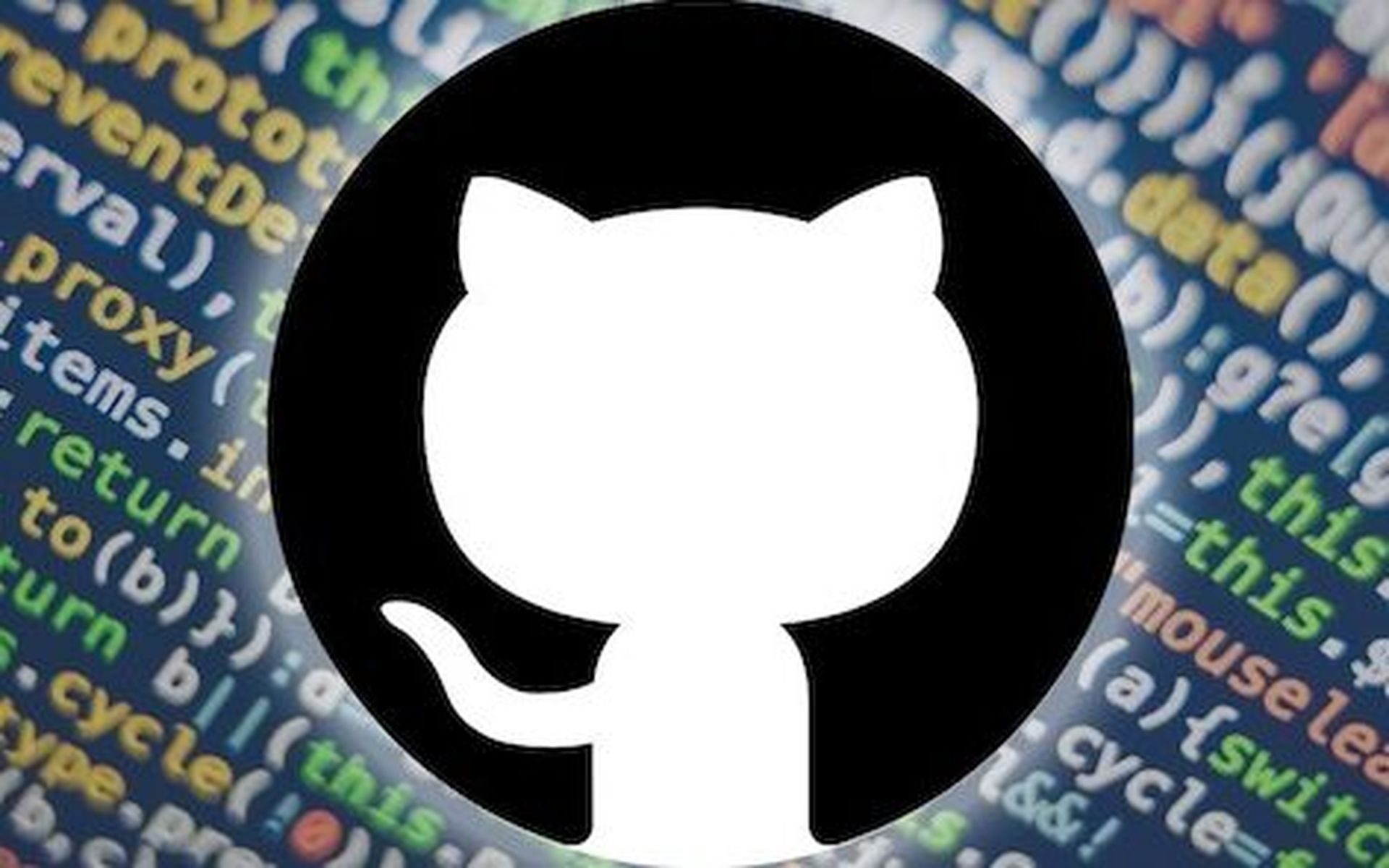Despite its potential to integrate security seamlessly into software development, DevSecOps has struggled to achieve widespread success due to deep-rooted cultural and operational challenges, according to an article in DevOps.
Initially, DevOps aimed to bridge the gap between development and operations, promoting collaboration and faster delivery. However, even as DevOps continues to mature, incorporating security into this framework has proven difficult.
A core issue lies in the cultural shift DevSecOps demands. It requires cohesive collaboration between security, development, and operations teams, which remains an ongoing challenge in many organizations. Additionally, many so-called DevSecOps tools merely retrofit traditional security solutions into continuous integration/continuous deployment pipelines, failing to truly integrate security into developers' workflows.
Another key factor is the lack of focus on the human element. Many tools cater to security teams rather than developers, creating friction and reducing efficiency. To succeed, DevSecOps tools must prioritize developer experience, offering real-time, contextual feedback that aligns with existing workflows.
True DevSecOps success hinges on fostering empathy across teams, designing user-centric tools, and reshaping processes to make security an integral, low-friction part of development.




